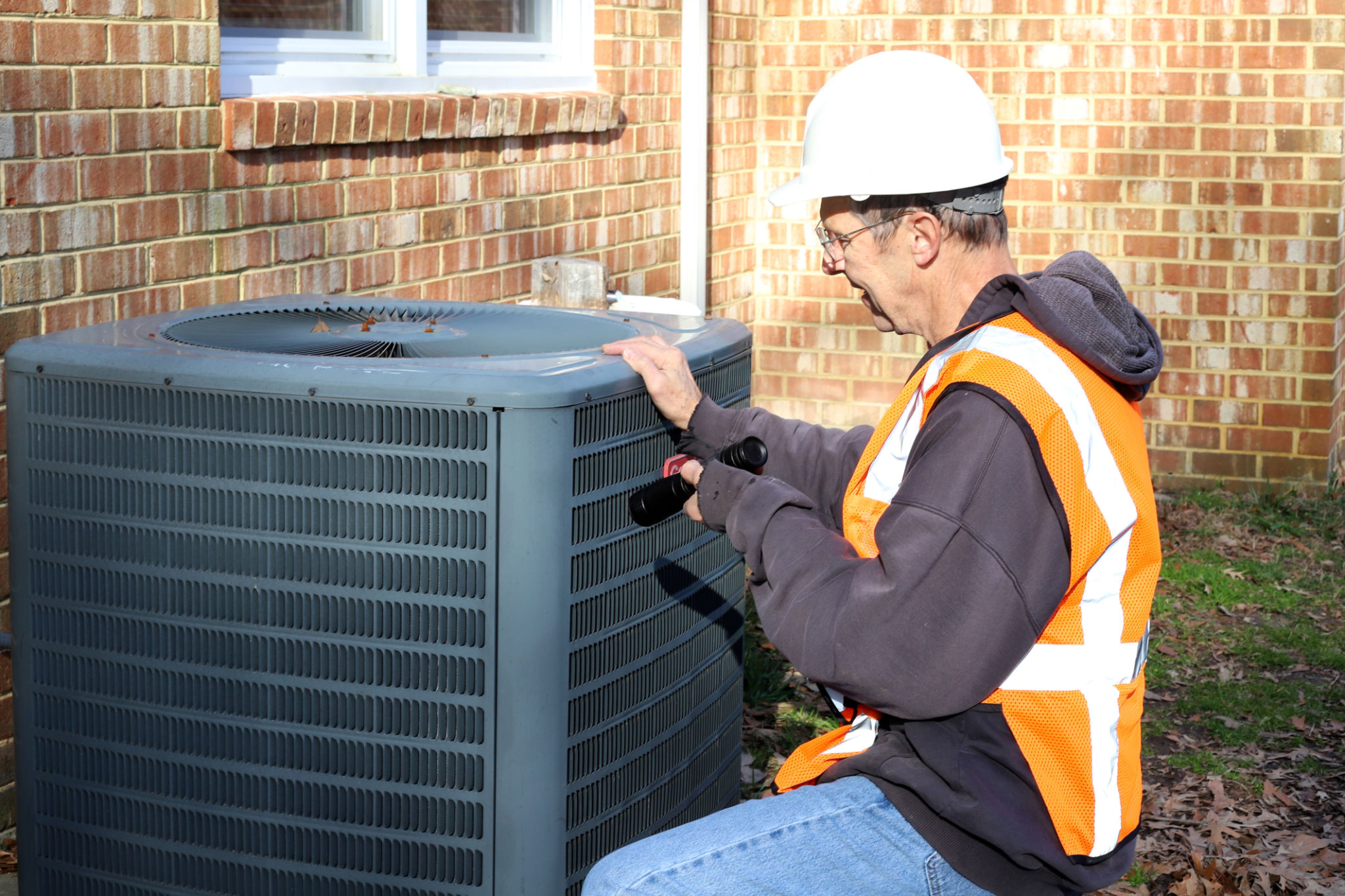How Local Weather Impacts Your HVAC System and What You Can Do About It
Understanding the Relationship Between Weather and Your HVAC System
The local weather plays a significant role in how your HVAC system performs. From sweltering summers to frigid winters, the demands placed on your heating and cooling units vary tremendously. Understanding these dynamics can help you maintain an efficient system throughout the year.
Extreme temperatures are the most apparent weather-related challenge. During hot periods, your air conditioner works overtime to keep your home cool, while in cold spells, your heating system labors to maintain warmth. Both scenarios can lead to increased energy consumption and potential wear and tear.

Humidity's Influence on HVAC Performance
Humidity is another weather factor that can affect your HVAC system's efficiency. High humidity levels force your air conditioner to work harder as it removes moisture from the air, impacting its overall performance and longevity. Conversely, low humidity levels during winter can make your heating system work more than necessary to maintain comfort.
To combat these effects, consider installing a dehumidifier or humidifier as part of your HVAC system. These additions help maintain optimal indoor humidity levels, reducing the strain on your main units and enhancing comfort.
The Impact of Seasonal Changes
As the seasons shift, so do the demands on your HVAC system. Spring and fall often bring moderate temperatures, providing an ideal opportunity for maintenance. Regular check-ups during these transitional periods can address minor issues before they become major problems.

During these times, focus on tasks such as cleaning or replacing air filters, checking for leaks, and ensuring that all components are functioning correctly. This proactive approach can extend the life of your system and enhance its efficiency.
Weather-Proofing Your HVAC System
Weather-proofing is essential for protecting your HVAC system from external elements. Installing proper insulation around pipes and ducts, sealing windows and doors, and using weather stripping can prevent energy loss. Additionally, covering outdoor units during harsh weather can shield them from debris, ice, and snow.

Regular maintenance is key to ensuring that weather-proofing measures remain effective. Conduct seasonal inspections to identify any potential weak spots or areas needing repair.
Adopting Energy-Efficient Practices
Energy-efficient practices not only reduce your utility bills but also lessen the impact of weather on your HVAC system. Some strategies include:
- Using programmable thermostats to automatically adjust temperatures based on time of day or occupancy.
- Investing in energy-efficient HVAC models with higher SEER (Seasonal Energy Efficiency Ratio) ratings.
- Utilizing ceiling fans to circulate air and reduce reliance on heating or cooling systems.
These practices help optimize system performance, regardless of outside conditions, ultimately saving you money and enhancing comfort.
Conclusion: Stay Ahead of Weather Challenges
Understanding how local weather impacts your HVAC system allows you to take proactive steps to ensure its longevity and efficiency. By adopting weather-proofing strategies, maintaining regular inspections, and implementing energy-efficient practices, you can keep your home comfortable all year round while minimizing potential issues caused by extreme weather conditions.
